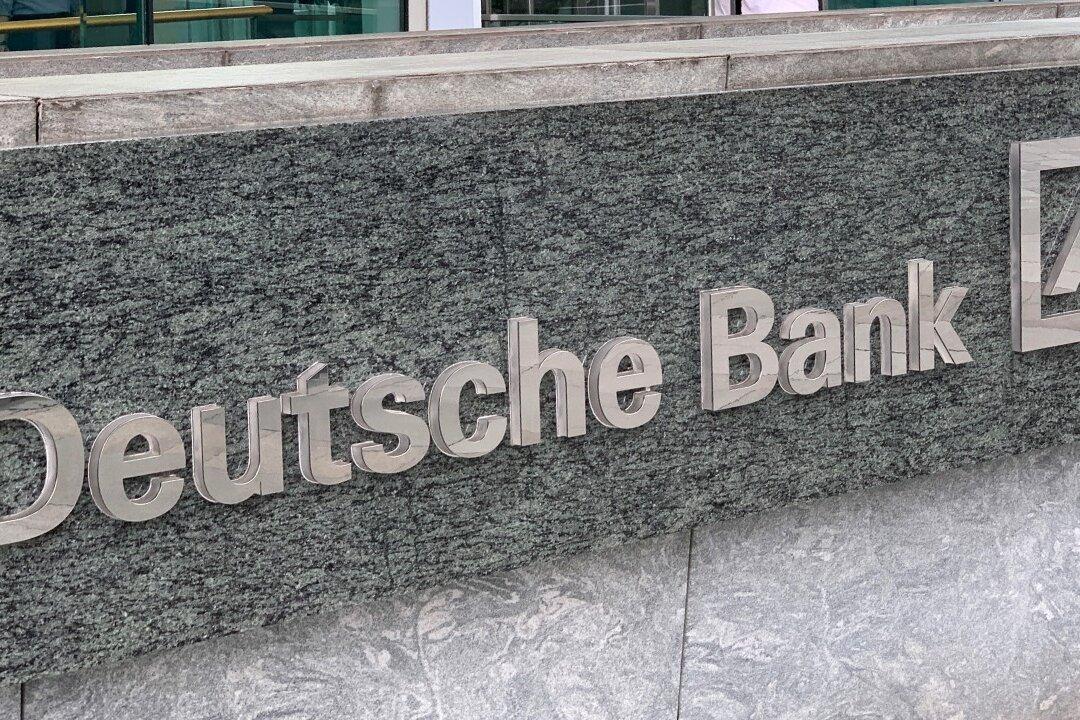Deutsche Bank on Thursday defended its decision not to cease its operations in Russia in the wake of its invasion of Ukraine, stating that it is “not practical” to do so.
Speaking to CNBC, the German bank’s chief financial officer James von Moltke said exiting the country would “not be the right thing to do” with regards to its clients that still operate in Russia.




